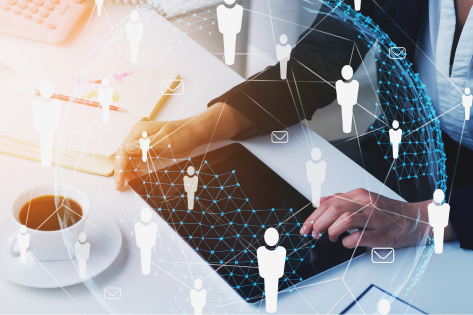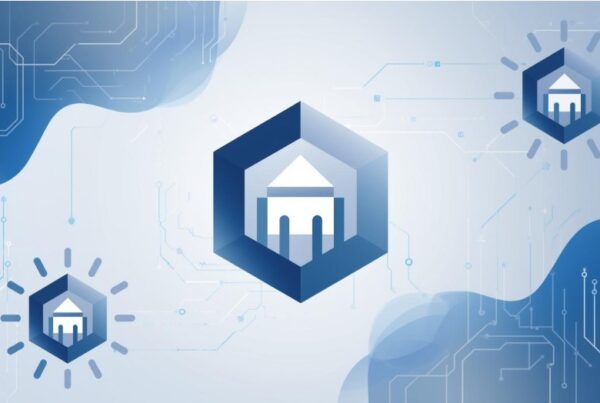Artificial intelligence is quickly becoming a strategic asset in human resources, reshaping how organizations attract, develop, and retain talent.
According to McKinsey, AI adoption in HR is projected to grow by 35% annually through 2025 a clear sign that HR leaders are embracing intelligent technologies to streamline operations and drive better outcomes.
In a 2024 SHRM study of over 2,366 HR professionals, talent acquisition topped the list of AI use cases (64%), followed by learning and development (43%) and performance management (25%).
Let’s take a closer look at the top AI use cases in HR today and how forward-thinking teams are applying them to create better workplaces.
1. Recruitment & Talent Acquisition
HR teams are using GenAI to draft job descriptions based on industry trends and desired skill sets. These tools can even analyze a company’s mission and values from its website to generate more compelling job listings.
According to Gartner Predicts 2025: AI Revamps Recruitment Processes and Skills Management report, “By 2028, 30% of recruitment teams will use AI agents to complete certain recruitment activities such as fulfillment of high-volume positions and early-stage recruitment.”
The benefits go beyond efficiency. The increased use of AI agents to handle high-volume hiring and early-stage recruitment tasks are then expected to free up human recruiters to focus on strategic roles and personalized outreach. One major challenge to consider when using AI in recruitment is around mitigating bias. Fortunately, this is something our team is well experienced in. Learn how our team helped with Identifying and Mitigating Bias in AI Models for Recruiting.
2. Learning & Development
Retention is a top priority, with 93% of organizations concerned about it, according to LinkedIn’s Workplace Learning Report. Fortunately, 94% of employees say they’d stay longer if offered more learning opportunities.
Applied GenAI can support HR learning strategies by:
- Recommending personalized development tracks.
- Creating custom training simulations.
- Adjusting learning paths based on progress.
The SHRM survey also found that among organizations that use AI to support learning and development (L&D) activities:
49 percent are using AI to recommend or create personalized opportunities for their employees, 45 percent are using it to help track employees’ learning progress, and 19 percent are using it to upskill or reskill their workforce.
3. Performance Management
Traditional performance reviews often suffer from bias and inconsistency. AI offers a more data-driven approach. GenAI has the ability to quickly analyze feedback, manager notes, and 360 reviews to help draft balanced and actionable performance summaries.
According to the SHRM survey, 57% of companies using AI in performance management apply it to help managers deliver stronger feedback, while 46% use it to guide employee goal-setting.
The use of GenAI properly incorporated into the performance management process will greatly reduce the administrative load on managers, allowing more time for meaningful conversations about goals and growth.
4. Predictive Analytics for Workforce Planning
Predictive analytics can be game changer for HR. By evaluating historical and real-time data, AI can forecast turnover, identify skill gaps, and support smarter hiring decisions.
For example, HR teams can:
- Compare current employee skill sets to future business needs.
- Identify gaps through periodic skills audits.
- Get narrative summaries to support workforce decisions tied to business goals.
According to a Deloitte survey, by 2025 the use of predictive AI for companies is expected to exceed 80%.
See how we’ve used predictive analytics to help improve operational costs and efficiencies for other industries.
5. HR Administration and Policy Management
Managing policies and compliance has traditionally been manual and reactive. GenAI has the ability to innovate that by:
- Monitoring regulatory changes.
- Automating policy updates.
- Flagging compliance risks.
GenAI also has the ability to summarize complex legal texts and suggest necessary policy revisions, helping HR stay compliant while saving time.
According to HRO Resources, companies using AI-driven policy generation tools report a 30% reduction in administrative time spent on compliance and documentation.
To stay competitive and attract top talent, it is crucial for HR professionals to start adopting AI tools in a responsible manner which can scale their impact while ensuring ethical and responsible implementation.
In Summary
As companies continue to utilize GenAI, responsible AI use will be critical not only for efficiency but also for upholding trust and compliance. Learn more about the three key foundational pillars of a successful AI governance strategy to ensure responsible AI usage.
Interesting in using or getting more use out of your AI tools? Let our team help navigate and guide you to determine the best ROI based on your needs. Reach out to us to learn about our AI Discovery Assessments which start at 4 weeks and can go up to 12 weeks. Contact us.





